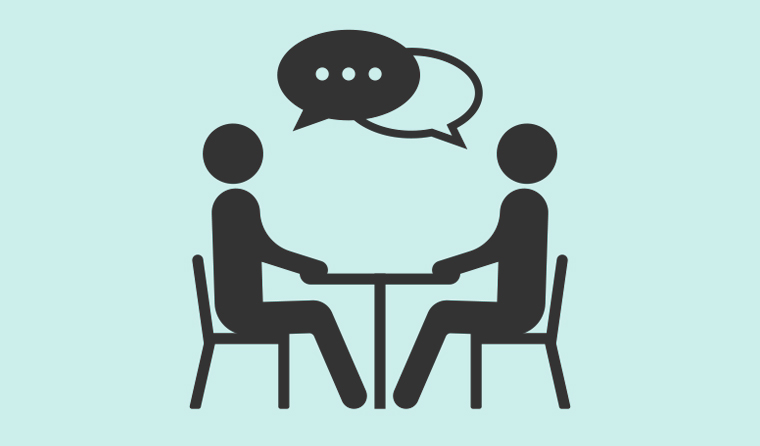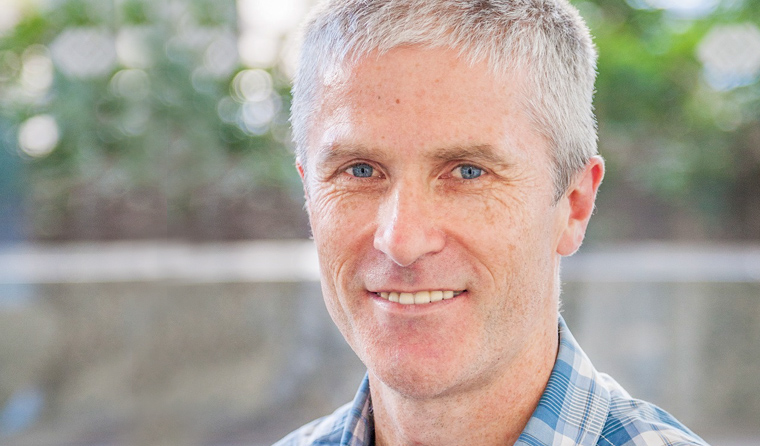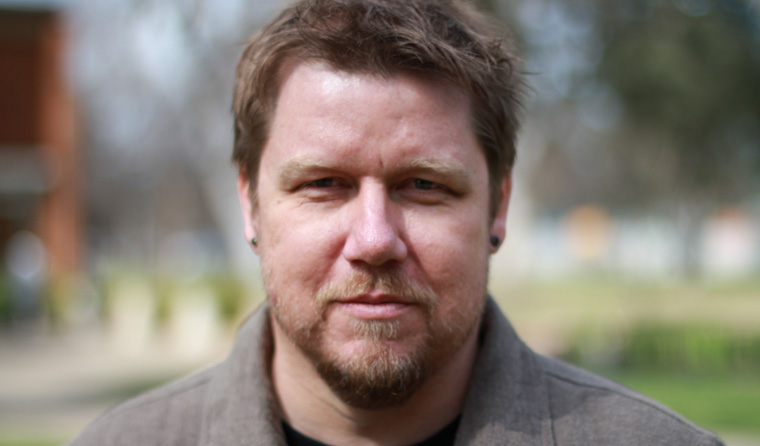Countering science scepticism, one patient at a time
Feature
A GP medical writer and a science communicator discuss the ‘wicked problem’ of science scepticism and how best to tackle it.

Immunisation and fluoridation of drinking water are both, according to the World Health Organization and National Health and Medical Research Council, beneficial and economically effective public health measures that have provided measurable improvements in levels of sickness, child mortality and tooth decay.
And yet thanks to the spread and increasing currency of science-sceptical narratives, the use of such measures has been challenged – and in some cases, actively eroded, with harmful results.
For GPs and other health professionals, encountering science-sceptical arguments can be difficult, although Dr Justin Coleman, GP and medical writer, has learnt to accept their presence, to a certain degree.
‘I suppose it’s part of the complex human condition which, as doctors, you do get used to, so I don’t tear my hair out,’ he told newsGP.
‘But it can be exhausting getting into arguments about it, because the scientific method of arguing is to produce factual information to try to sway the other person’s viewpoint, but that doesn’t seem to work for sub-sections of the population who believe that science is out to harm them.’
 Dr Justin Coleman believes GPs have a key role to play in helping to counter science-sceptical views.
Dr Justin Coleman believes GPs have a key role to play in helping to counter science-sceptical views.
Dr Rod Lamberts, Deputy Director of the Australian National Centre for the Public Awareness of Science (CPAS), understands the difficulty of such arguments. However, he cautions it is important not to be too adversarial, as this may simply alienate people. He is also careful not to use the term ‘anti-science’.
‘Usually, people who are against a particular issue that has a science-evidence backdrop are quite positive about many other things that are science-evidence based,’ he told newsGP.
‘So you get anti-vaxxers who are very pro climate action, for example – and the prevailing research shows that some of the noisiest anti-vaxxers are very highly educated, which is something people don’t expect.
‘I like to think of them as “anti-issues” – particular issues are their problem, not the generic science.’
Dr Coleman has little doubt that social media has enabled the magnification and wider spread of science-sceptical views, particularly the anti-vaccination movement.
‘The rise of the concept of, “my opinion is evidence” is also, I think, fuelled by social media – it wasn’t invented by it, but it’s magnified by it,’ he said.
Dr Lamberts said social media has also made it far easier for people to ensure they are only exposed to information that supports their pre-existing views.
‘It’s easy for anyone to do that now, and not even deliberately; you can set your search parameters to only cover things that move in ways you approve of or agree with,’ he said.
Dr Lamberts has also found that social media has helped contribute to the construction of deeper narratives around science-sceptical stories, that help keep them alive.
‘It’s not only just that you hear one little story or you still listen to that discredited MMR [measles, mumps and rubella] Wakefield paper, but it keeps re-emerging – because what people do is they turn the science argument into some kind of conspiracy theory: “He’s being silenced”, or, “It was wrongly represented”,’ Dr Lamberts said.
Dr Coleman has found there is little point in GPs arguing on dedicated social media forums, as the participants have already made up their minds. But GPs should not feel they have to turn their backs on social media altogether.
‘There is still a place for [GPs in] social media forums like mother’s groups or community concern groups; so where there’s more of a mix of views, people are interested in that topic but don’t necessarily have a fixed belief, so a voice of doctor’s reason can still hold some sway,’ he said.
However, one-one-one encounters between patients and GPs can still prove fruitful, although Dr Coleman said it is important to know where to draw the line.
‘You at least have someone who is seeking your advice – it doesn’t mean that it’s easy, but it’s easier [than social media encounters],’ he said.
‘Of the group who sees a GP to discuss, say, fluoridation or vaccination, there still are those who will not be swayed by any amount of explanation; that is very frustrating and you just have to learn to close off the consultation and move on to something else.
‘But there is also that in-between group GPs are likely to see, such as well-meaning parents who have concerns about the health of their child and have read that something’s harmful, and if you can demonstrate to them that the good far outweighs the harm they may change their mind during that consultation, or for the next child.’

Dr Rod Lamberts advises us not to overestimate the influence of interest groups with loud voices.
Dr Lamberts also observes that it is helpful to try to understand the source of a patient’s concerns.
‘The way you characterise the opposition, so to speak, matters, particularly if you want to try and have a conversation,’ he said.
‘The anti-vaccination thing, for example, is almost invariably a mix of things like power and permission: “People are trying to tell me what to do with my children, how dare they”.
‘Some parents are genuinely scared that it will cause harm. Or they’ve had a close experience with someone, the one out of millions of children, who react poorly, and the personal upset will often trump any kind of statistical information.’
It is also important, when designing an approach to a science sceptic, to appreciate the difference between various health issues and their personal implications for patients.
‘With fluoridated water, the default position might be that water from the tap is a public good, which we have the right, as a society, to regulate. If a person has a strong objection, they can look for water from an alternative source,’ Dr Coleman said.
‘Whereas vaccination requires an individual putting a needle into a child, so it’s a different scenario.’
However, while the spread of science-sceptical thinking can seem challenging and even worrying, Dr Lamberts offers reassurance.
‘It’s easy for people that actually care about evidence to think the whole world’s gone crazy because those voices are so loud,’ he said.
‘But if you look behind how many people [those voices] actually represent and how many people they reach, they’re actually very small audiences.
‘So I think that’s a reason not to despair – don’t believe because it’s loud, it’s influential.’
Dr Coleman believes strongly in GPs’ role as important bastions against such loud voices.
‘Increasingly, our job as GPs is to sift through the reams of information out there and advise our patients as to what rings true – and I think that’s a great job, I love doing that job, and I think most GPs are very good at it,’ he said.
Anti-vaccination immunisation Public health Science scepticism vaccination Water fluoridation

